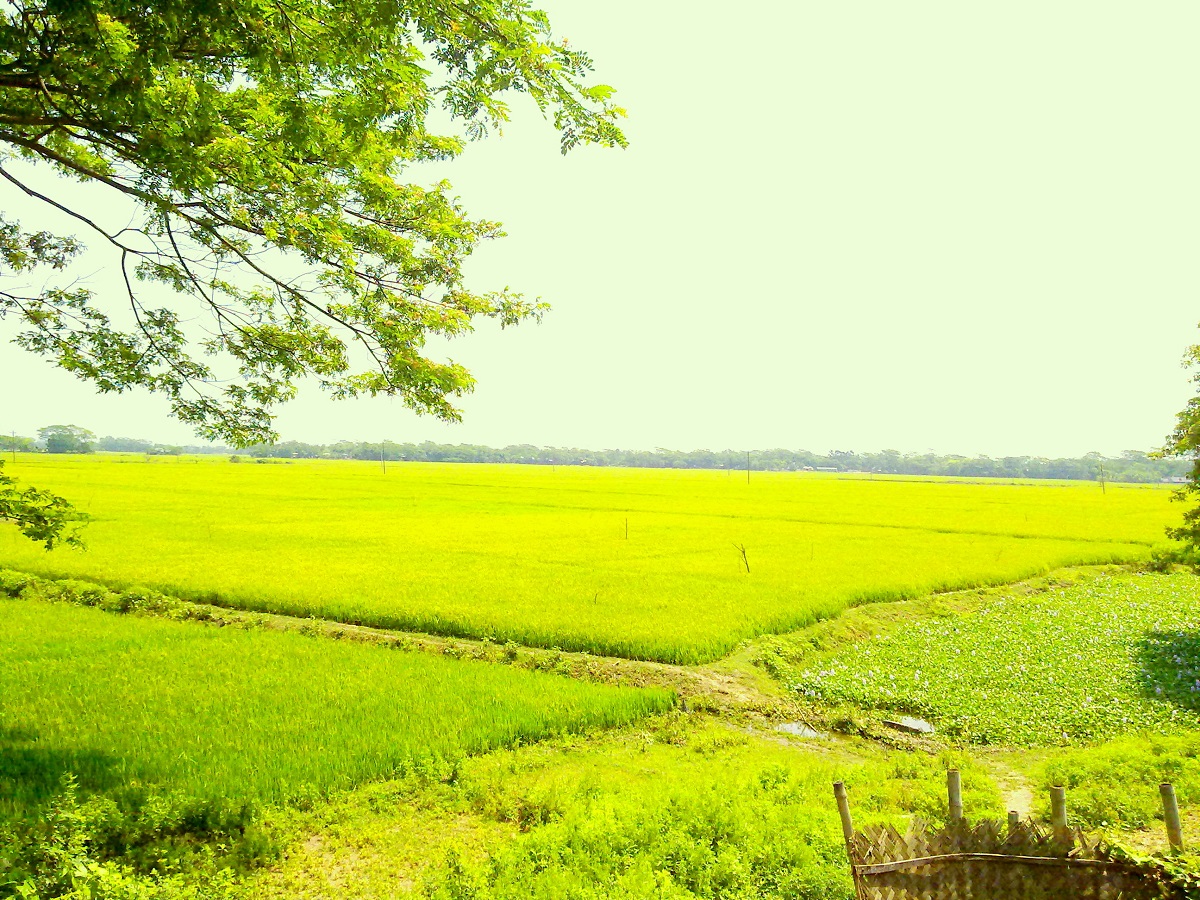-
-
About Union
About Union
History & Culture
Geographical & Economics
Miscellaneous
-
Union Council
Union Council
Activities of Union Council
Important Info
-
Others Offices
-
Other Institutions
Educational Institutions
Religious Organizations
Organizations
- Different Lists
-
Projects
-
Services
UNION Digital Center
National E-Service
- Gallery
- Circulars Of Union Parishad
- Budget
-
-
About Union
About Union
History & Culture
Geographical & Economics
Miscellaneous
-
Union Council
Union Council
Activities of Union Council
Important Info
-
Others Offices
উপ-সহকারী ভূমি কর্মকর্তা
উপ-সহকারী ভূমি কর্মকর্তা
Agriculture
Land
Helath
Social Service
-
Other Institutions
Educational Institutions
Religious Organizations
Organizations
- Different Lists
- Projects
-
Services
UNION Digital Center
National E-Service
- Gallery
-
Circulars Of Union Parishad
Circulars Of Union Parishad
-
Budget
Budget
1. Department of Land Records and Survey Under the Bengal Tenancy Act (1885), a department called 'Land Records and Agriculture' was set up under the control of the Board of Revenue to prepare the ledger on land ownership. Later in 1888 a separate office was formed called ‘Land Records Department’. At that time the survey work was entrusted to a separate department called Survey of India. After 1947, the office of the Survey Department was temporarily set up at Baun Compound in Barisal District. In 1953, the survey office was shifted from Tipu Sultan Road to its present location. After the partition of the country in 1948, the settlement press was shifted from Hooghly in undivided India and the first Rangpur was established in 1948. Later in 1960 it was shifted to Dhaka. Land survey and preparation of documents related to land owner / occupier is an essential part of land management. Scope of work in the Department of Land Records and Survey: - A) Preparation and implementation of projects for conducting land records and surveys for preparation / revision of title deeds and mouza maps of the whole country, any district or any part of the district within a specified period. B) To prepare / revise the land record and map of the mouza by surveying the land of each mouza of the whole country in phases. C) Preparation and printing of record-of-rights of every land owner in the country. D) To prepare, print and reprint maps of every mouzar, thanar, district and the whole country. E) Determining control points through Theodolite Travas Survey for preparation of mouza maps. F) Mark the international borders of the country, prepare the border strip map and print it. G) To provide cadre assistance to the Deputy Commissioner in determining inter-district and inter-police boundaries. H) To examine the technical and geographical acceptability of the government proposal regarding the reorganization of the district / thana. I) Demarcation of international and inter-district boundaries. To advise the government on cadastral survey and land reform programs. J) To conduct survey and settlement training of judicial officers including Bangladesh Civil Service (Administration / Police / Forest) cadre every year and to provide training. 2. Land Appeal Board: The Land Appeal Board is the highest court in the country for resolving land and land revenue disputes. Its work is of quasi-judicial nature. The Land Appeal Board was created by Act No. 24 of 1989 for speedy disposal of appeals / revisions in land and land revenue cases. Structure, location and manpower of Land Appeal Board Composition: According to Section 4 of the Land Appeal Board Act, 1989, the Land Appeal Board consists of 1 Chairman and 2 members. Location: The Land Appeal Board is located on the 8th floor of the 2nd 13th floor government building at Segunbagicha in Dhaka. Manpower: The Land Appeal Board has 1 Chairman with the rank of Secretary to the Government and 2 members with the rank of Additional Secretary. In addition, the Board has an organizational structure of 48 officers / staff including 1 Secretary (Deputy Secretary to Government), 5 Branch Heads (Senior Assistant Secretary / Assistant Secretary), 1 Librarian and 38 3rd and 4th class employees. Functions of Land Appeal Board: The functions of the Land Appeal Board are governed by the Land Appeal Board Act 1989, the Land Appeal Board (Amendment) Act 1990 and the Land Appeal Board Rules 1990. The Rules and Procedures of the Land Appeal Board are laid down by the Land Appeal Board Rules, 1990. The Land Appeal Board deals with appeals / revision cases in the following matters under the Land Act under the control of the Ministry of Land: A) Land related cases (Revenue related) B) Nomination and dismissal case C) Cases related to Sairat and Jalmahal D) Land records related cases E) Land development tax certificate case F) Cases related to khas land settlement G) Revision or appeal case filed under P, D, R H) Cases relating to vested, abandoned and exchanged property I) Cases related to Waqf / Debottar property (Management of the said property) And except administrative matters) J) perform other duties assigned by the government; K) inspection, monitoring and evaluation of the functions of the lower land courts; L) Sent by the Government regarding land laws, orders and rules Advising on matters.
Planning and Implementation: Cabinet Division, A2I, BCC, DoICT and BASIS







